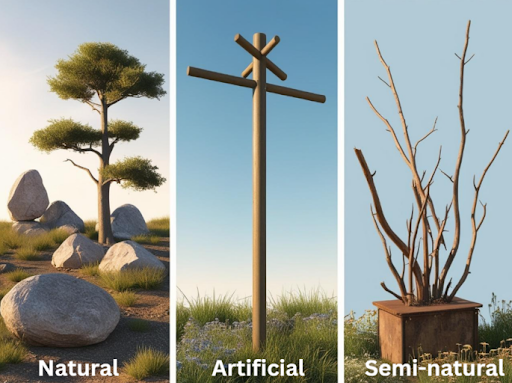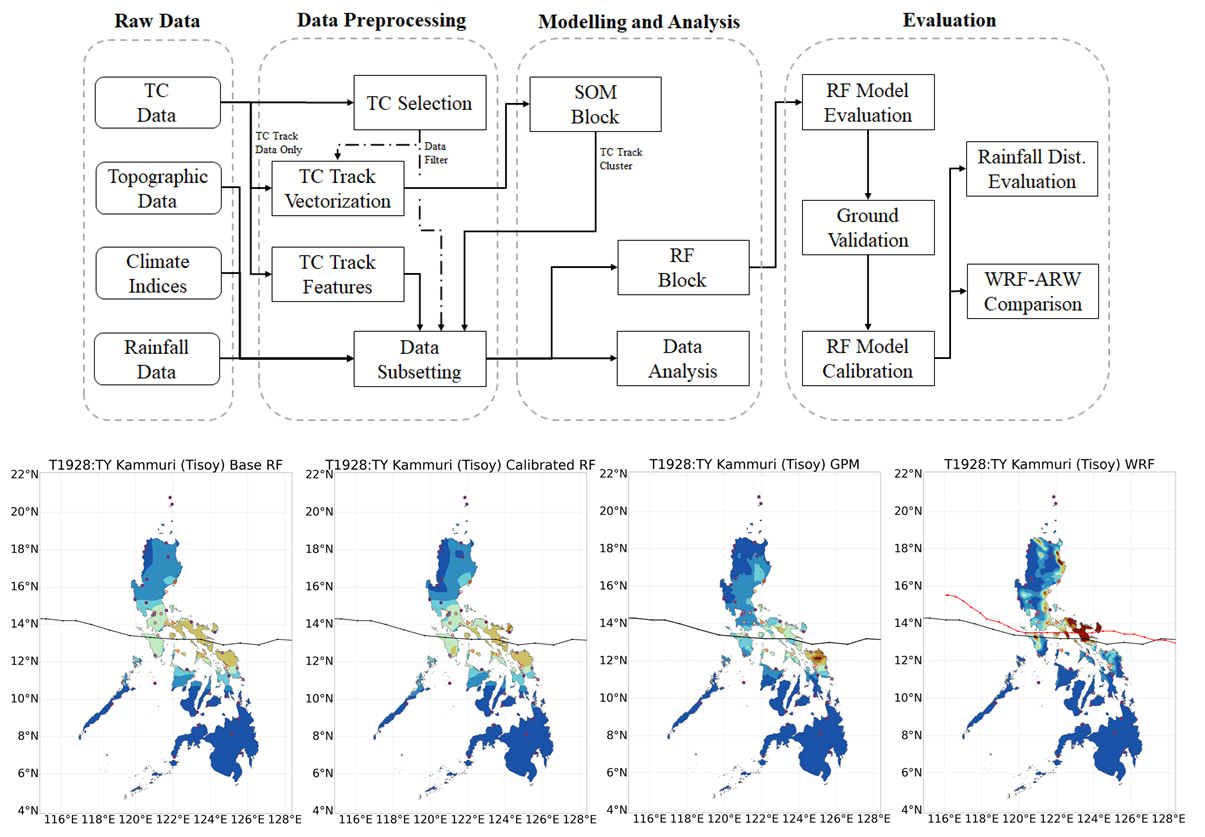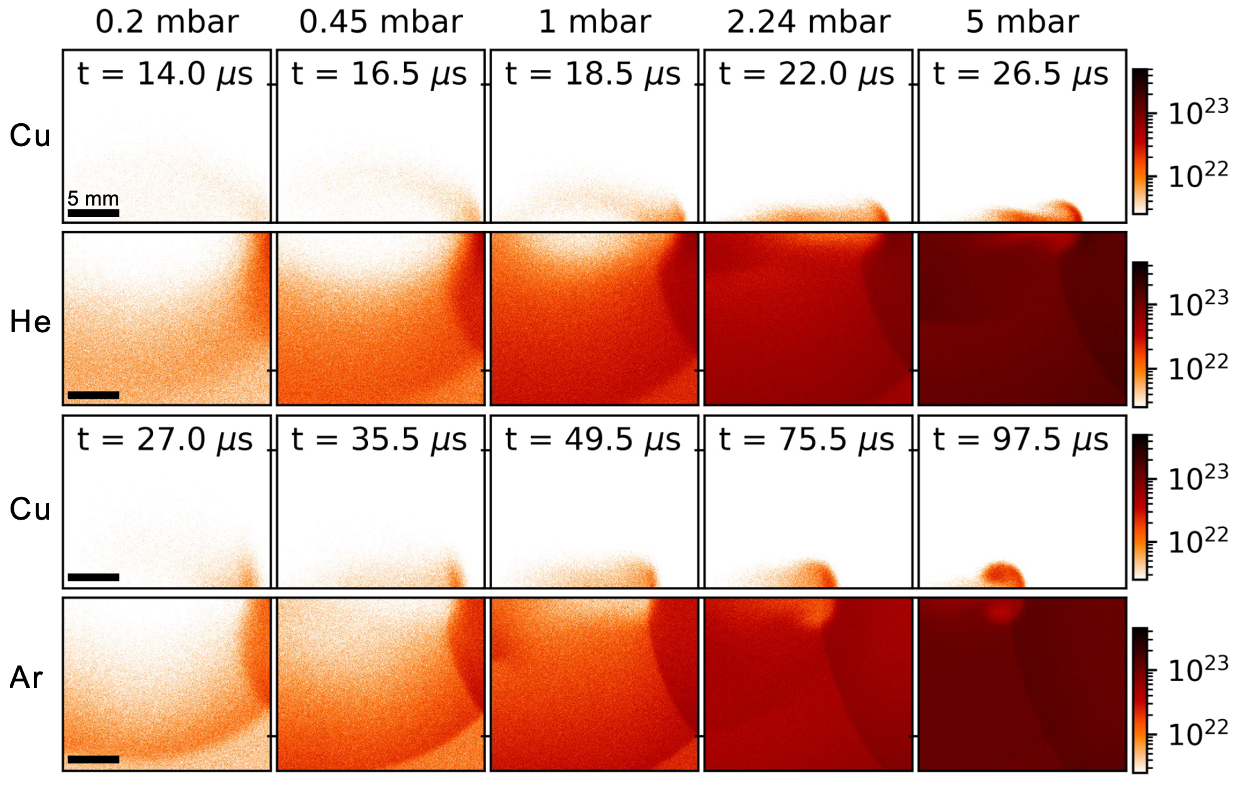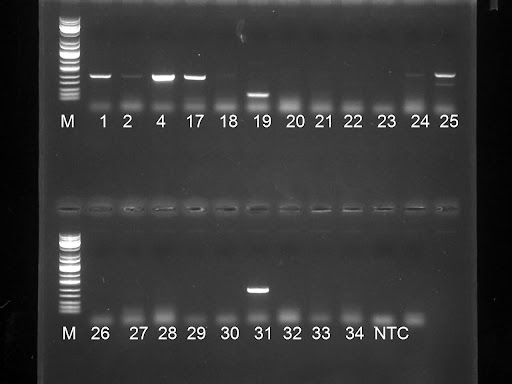News & Events
Reforestation activities typically involve planting trees in degraded areas. However, tree planting is resource-intensive, requiring labor for the planting and more importantly nurturing of the seedlings, and may be expensive and limited by seedling supply. Moreover, there is always a question of whether the right plant species (i.e., native rather than non-native economically important species) are being planted to benefit biodiversity.
The Philippines is often hit by tropical cyclones (TCs), which bring heavy rainfall that can cause floods and landslides. More often than not, the patterns of TCs repeat. For instance, if a typhoon with a certain amount of rainfall passes through Central Luzon, a similar typhoon that will pass through Central Luzon again in the future is likely to have the same amount and distribution of rainfall.
1 Undergraduate Student Slot Benefits: - Stipend of 60,000 php per semester - Miscellaneous expenses (book allowance) of 20,000 php per semester
Scientists around the world have extensively studied the expansion of laser-produced plasma (LPP) and the shock waves it generates in a background gas. However, little attention has been given to how the reflected shock wave—one that bounces back from a surface—affects the expanding plasma, despite its potential impact on LPP behavior.
Farmers usually use chemical fertilizers to grow their crops, but these can be expensive and may harm the environment. A more efficient and cheaper alternative is the use of specific microorganisms called plant growth-promoting bacteria (PGPB). PGPB help plants absorb more nutrients and produce growth hormones that boost crop production. Using PGPB as biofertilizers can provide the same benefits as chemical fertilizers—without the harmful effects.
Ang mundo ng social media ay nagiging isang mahalagang mapagkukunan ng data para sa biodiversity at conservation, lalo na para sa mga mailap o di gaanong kilalang species tulad ng Philippine tarsier, na isang primate din tulad ng mga unggoy at tao. Sa kabila ng katanyagan nito, limitado pa rin ang impormasyon tungkol sa kung saan ito nakatira at kung paano ito kumikilos sa wild.






